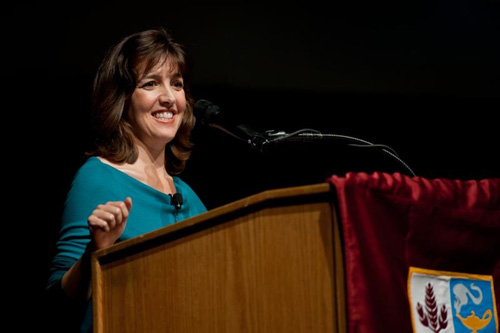
Here are five misconceptions about a serious and widespread problem in education today: دھوکہ دہی میرا بچہ کے اسکول میں ایک مسئلہ نہیں ہے; kids cheat in the same ways today as they did in the past; only kids who struggle in school cheat; students who cheat don’t know right from wrong; cheating is unpredictable.
چیلنج کامیابی, a non-profit organization at the Stanford University School of Education, argues that more awareness is needed among parents and teachers about cheating misconceptions in order to positively affect academic dishonesty. “Cheat or Be Cheated,” a recently released Challenge Success white paper, discusses the evidence that dispels these misunderstandings based on its review of fifteen landmark studies on cheating in addition to their own research with schools and students.
I chatted with Dr. ڈینس پوپ, Challenge Success co-founder and senior lecturer at Stanford University, about the report and the solutions she believes parents and educators can adopt immediately to help curb cheating behavior and encourage integrity.
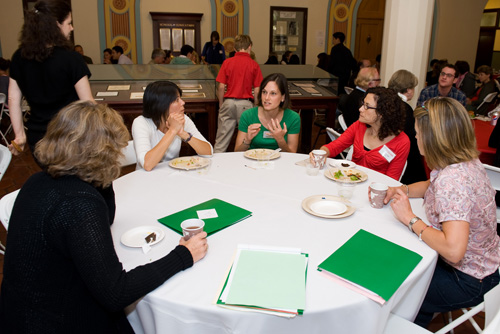
The white paper indicates that students cheat more when they believe that grades and performance are valued in their classrooms and less when they believe that learning and mastery are valued. If we reduce testing will we reduce cheating?
We know that if you change the forms of assessment, you can definitely decrease cheating behavior. Students are less likely to cheat on an assignment where they produce multiple drafts for review or on an assignment that is personalized — where they need to tie a concept or theory to their own life experiences. Even on a test, a teacher can reduce the likelihood of cheating by asking for in-depth responses as opposed to fill in the blanks or multiple choice, and testing for mastery/deep understanding as opposed to memorization of content. تحقیق وہ گریڈ اور کارکردگی ان کے کلاس رومز اور قابل قدر ہیں یقین ہے کہ جب طالب علموں کو زیادہ دھوکہ ظاہر ہوتا ہے کہ کم وہ کہ سیکھنے یقین ہے کہ جب, deep understanding and mastery are valued.
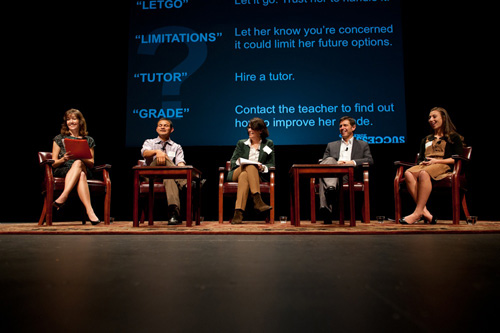
طالب علموں کو’ perceptions of their teachers can also affect cheating behavior. Does this mean that when teachers are competent and caring, children cheat less?
When students خبر that their teachers are competent and caring, then they are less likely to cheat in those classrooms. Most teachers care about their students, but the students themselves have to believe it. The same is true for competency: the students need to perceive it. We encourage teachers to make their caring more explicit – learn the students’ names, ask about their lives outside of class, offer to help with assignments, offer more opportunities for student choice and voice in the classroom, and show that you truly support the kids and want them to succeed. An increased focus on social and emotional learning can improve the classroom climate and help kids see that the teacher truly cares.
Students who have strong, positive “school identification” are less likely to cheat. True or false?
True. Students who value school and feel like they belong in the school community are less likely to cheat. This holds true regardless of how these students are doing in school. If kids feel like they are part of a strong community and they value the learning that goes on there, they will be more likely to work honestly and with integrity. We encourage parents and educators to help students get involved in school activities, find ways for kids to get to know school faculty and staff, and help kids make friends at school so that they have a more positive school identification.
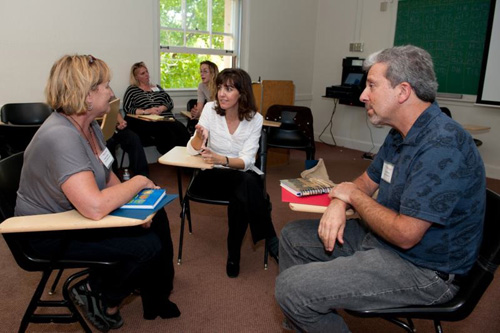
When students lack confidence in their academic capabilities they are more likely to cheat. True or false?
True. Several studies show that students who reported low feelings of competence and capability were more likely to cheat. Students get to a point where they believe, “There is no way that I can get a good grade on my own. I am not smart enough and don’t have the skills to do this.” These kids tend to think cheating is their only option. Educators and parents can encourage honesty and integrity, اور ایک ہی وقت میں تمام بچوں کو ان کی صلاحیتوں کو بہتر بنانے اور قابل محسوس کر سکتے ہیں، تاکہ سیکھنے کے لئے ایک تعاون کا ڈھانچہ تعمیر کرنے کے طریقے تلاش.
طالب علموں کے لئے کی کوشش کر دیکھانے “آگے حاصل” اور میں حاصل کرنے “حق” ایک اسکول ہے کہ ثقافت کے ساتھ ساتھ کالج “حد سے زیادہ کامیابی پر توجہ مرکوز” as justifications for cheating. Are students more likely to cheat when they feel achievement pressure from parents, اساتذہ اور ساتھیوں?
جی ہاں. Students who feel pressure from teachers, parents and peers to get top grades and get into the “حق” college are more likely to cheat. They describe the culture at these high-achieving schools as “کٹ حلق مقابلہ” and promoting a “succeed at all costs” mentality that leads to cheating on tests and assignments.
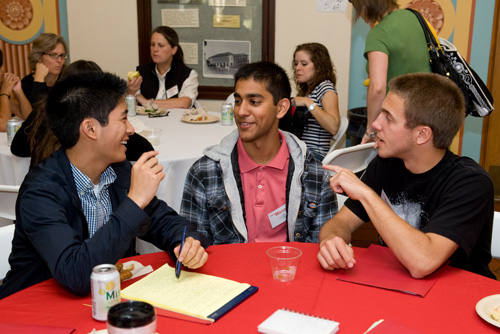
Can you share five suggestions that both educators and parents can put in place to help curb cheating behavior and encourage integrity?
1) Educators and parents should model integrity and maintain high standards for honesty. They should discuss integrity with the students, have clear and consistent policies for handling infractions, and emphasize that cheating will not be tolerated.
2) Educators and parents should emphasize mastery and learning rather than performance and grades. This means encouraging problem-based learning and focusing on deep understanding. Instead of focusing on the final performance results of a test or paper (دوسرے الفاظ میں, the grades), talk about the learning and revision process and improvement over time.
3) Educators and parents should encourage positive school identity and help kids make connections at school that will help them feel like they belong and are valued.
4) Educators and parents should promote healthy assessment and grading policies. Parents should avoid offering external rewards such as money or privileges for students who complete their work or bring home good grades, and instead should focus on encouraging intrinsic motivation. Teachers should use multiple assessments to allow students more opportunities to show what they know and improve over time, and schools might consider eliminating “zeros” and class rankings.
5) And all adults — in school and out — should learn not to confuse “نٹھرتا” سے “load.” Since research shows that stressed-out and exhausted students may be more likely to cheat, schools and parents may want to abide by the “less is more” rule. Teachers can determine how much homework is really necessary to assign and be sure that students understand the purpose of each assignment. Parents can work on ways to reduce stress at home by helping students cut back on the number of extracurricular and enrichment activities and focusing on depth as opposed to breadth.
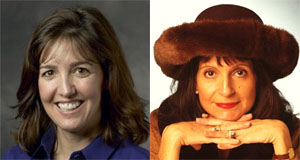
Photos courtesy of Challenge Success, تعلیم کی سٹینفورڈ یونیورسٹی سکول.
تعلیم کے لئے عالمی تلاش میں, سر مائیکل باربر سمیت میرے ساتھ اور عالمی سطح پر معروف فکری رہنماؤں (برطانیہ), ڈاکٹر. مائیکل بلاک (امریکہ), ڈاکٹر. لیون Botstein (امریکہ), پروفیسر مٹی Christensen کے (امریکہ), ڈاکٹر. لنڈا ڈارلنگ-ہیمنڈ (امریکہ), ڈاکٹر. مادھو چوہان (بھارت), پروفیسر مائیکل Fullan (کینیڈا), پروفیسر ہاورڈ گارڈنر (امریکہ), پروفیسر اینڈی Hargreaves نے (امریکہ), پروفیسر کریں Yvonne ہلمین (نیدرلینڈ), پروفیسر کرسٹن Helstad (ناروے), جین Hendrickson نے (امریکہ), پروفیسر گلاب Hipkins (نیوزی لینڈ), پروفیسر Cornelia Hoogland (کینیڈا), فاضل جیف جانسن (کینیڈا), مسز. چینٹل کوفمین (بیلجیم), ڈاکٹر. Eija Kauppinen (فن لینڈ), سٹیٹ سیکرٹری Tapio Kosunen (فن لینڈ), پروفیسر ڈومینک Lafontaine (بیلجیم), پروفیسر ہیو Lauder (برطانیہ), پروفیسر بین لیون (کینیڈا), رب کین میکڈونلڈ (برطانیہ), پروفیسر بیری McGaw (آسٹریلیا), شیو ندار (بھارت), پروفیسر R. نٹراجن (بھارت), ڈاکٹر. PAK NG (سنگاپور), ڈاکٹر. ڈینس پوپ (امریکہ), شریدر رازگوپالن (بھارت), ڈاکٹر. ڈیانے Ravitch (امریکہ), رچرڈ ولسن ریلی (امریکہ), سر کین رابنسن (برطانیہ), پروفیسر Pasi Sahlberg (فن لینڈ), Andreas کی Schleicher (پیسا, او ای سی ڈی), ڈاکٹر. انتھونی Seldon نے (برطانیہ), ڈاکٹر. ڈیوڈ Shaffer کے (امریکہ), ڈاکٹر. کرسٹن عمیق کر رہے ہیں (ناروے), چانسلر اسٹیفن Spahn (امریکہ), ایوز Theze (اسکول Français کی امریکہ), پروفیسر چارلس Ungerleider (کینیڈا), پروفیسر ٹونی ویگنر (امریکہ), سر ڈیوڈ واٹسن (برطانیہ), پروفیسر Dylan کے Wiliam (برطانیہ), ڈاکٹر. مارک Wormald (برطانیہ), پروفیسر تیو Wubbels (نیدرلینڈ), پروفیسر مائیکل نوجوان (برطانیہ), اور پروفیسر Minxuan جانگ (چین) وہ تمام اقوام کو آج سامنا ہے کہ بڑی تصویر تعلیم سوالات دریافت کے طور پر. تعلیم کمیونٹی پیج کے لئے گلوبل تلاش
C. M. روبن وہ ایک موصول ہوئی ہے جس کے لئے دو بڑے پیمانے پر پڑھا سیریز کے مصنف ہے 2011 میں Upton سنکلیئر ایوارڈ, “تعلیم کے لئے گلوبل تلاش” اور “کس طرح پڑھیں گے?” انہوں نے تین bestselling کتابوں کے مصنف ہیں, سمیت Wonderland میں یلس اصلی.


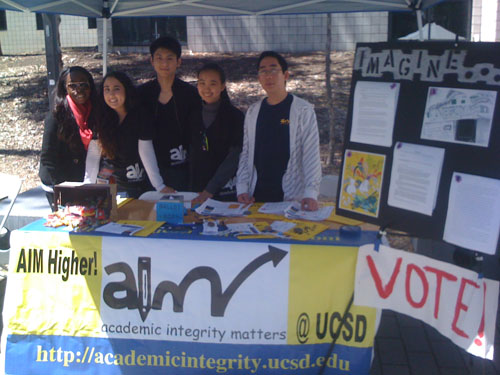

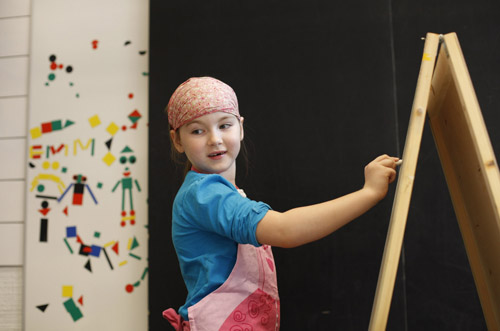
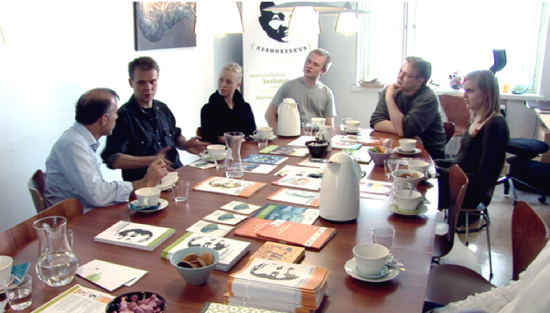
حالیہ تبصرے